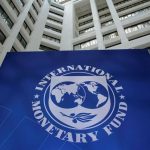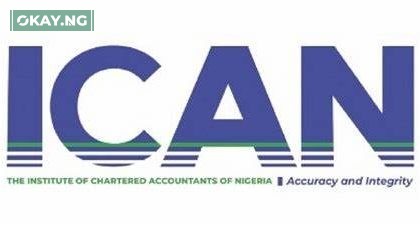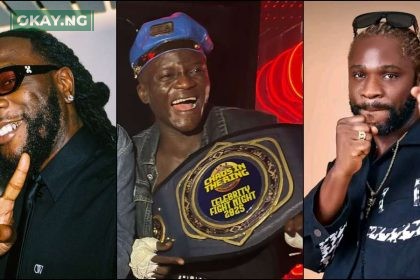A Federal High Court in Abuja has discharged five policemen of the alleged murder of the leader of the Boko Haram sect, Alhaji Mohammed Yusuf.
They are assistant commissioners of police J. B Abang; Akera; and Adamu Buba; as well as Chief Superintendent of Police Mohammed Ahmadu; and Sergeant Adamu Gado.
The trial Judge, Justice Evoh Chukwu, had on Thursday discharged the accused persons in his ruling on the application of no-case submission filed on defence lawyers, Paul Erokoro (SAN) and Mr. Eddie Inegedu.
Justice Chukwu held in the ruling that there was no evidence from all the six prosecution witnesses linking any of the suspects to the commission of the alleged murder.
The judge noted that even the Investigating Police Officer that testified for the prosecution did not visit the scene of the alleged crime but relied on hearsay evidence of others to charge the suspects for committing a terrorist act.
The judge ruled, “None of the witnesses also testified to the effect that any of the defendants killed Mohammed Yusuf or that any of them was responsible for the death of Mohammed Yusuf.”
The court, therefore, discharged the defendants as the prosecution could not establish a prima facie case against any of them to warrant them defending themselves any further.
Yusuf was born on January 29, 1970 in Girgir village in Yobe State and founded the Boko Haram in 2002.
He was the group’s spiritual leader until he was killed in 2009.
Yusuf was allegedly killed in police custody after he was arrested by military personnel and handed over to the police for prosecution in Maiduguri, Borno State.
The Boko Haram founder, who had four wives and 12 children, was alleged to have tried to escape from custody.
The suspects were said to have, on or about the 30th day of July, 2009 unlawfully killed Mohammed Yusuf and his followers in Maiduguri, an offence under Section 315 of the Criminal Code and you thereby committing a terrorist act contrary to and punishable under Section 15 (1) (2) of the EFCC Act, 2004.
They were also alleged to have conspired to commit an offence to wit; a terrorist act and. “you thereby committed an offence contrary to Section 516 of the Criminal Code and punishable under Section 15 (1) (2) of the Economic and Financial Crimes Commission Act, 2004.”










